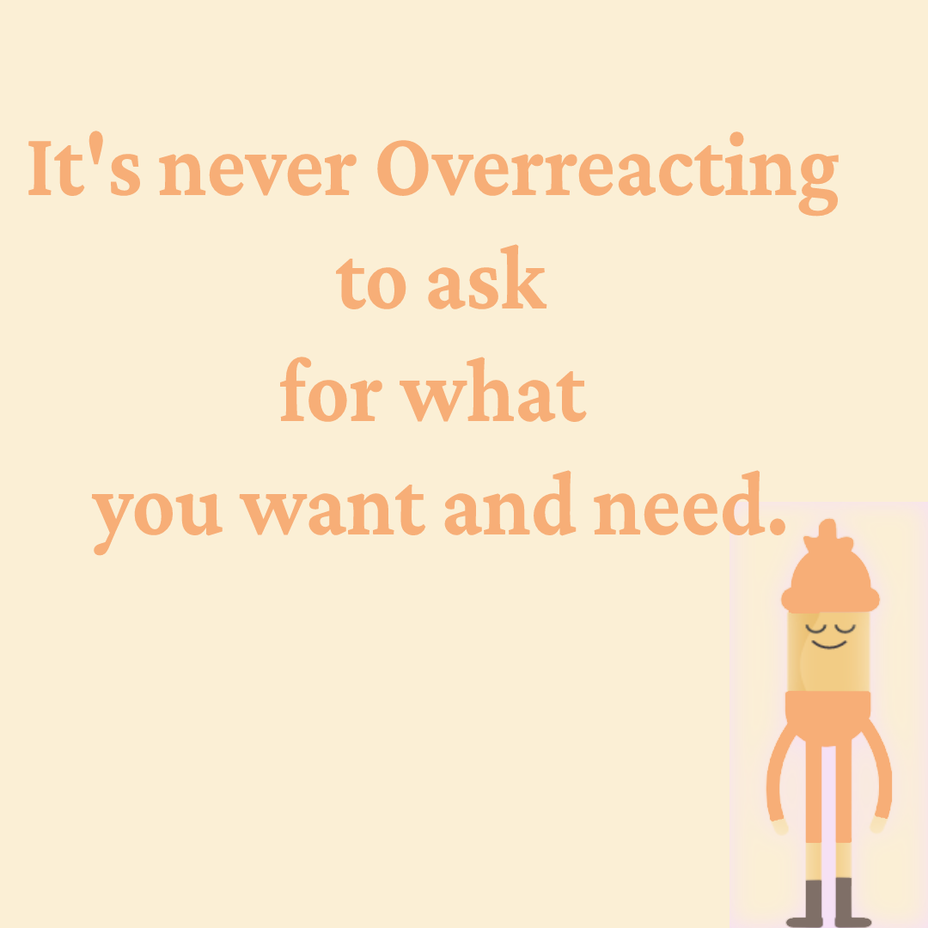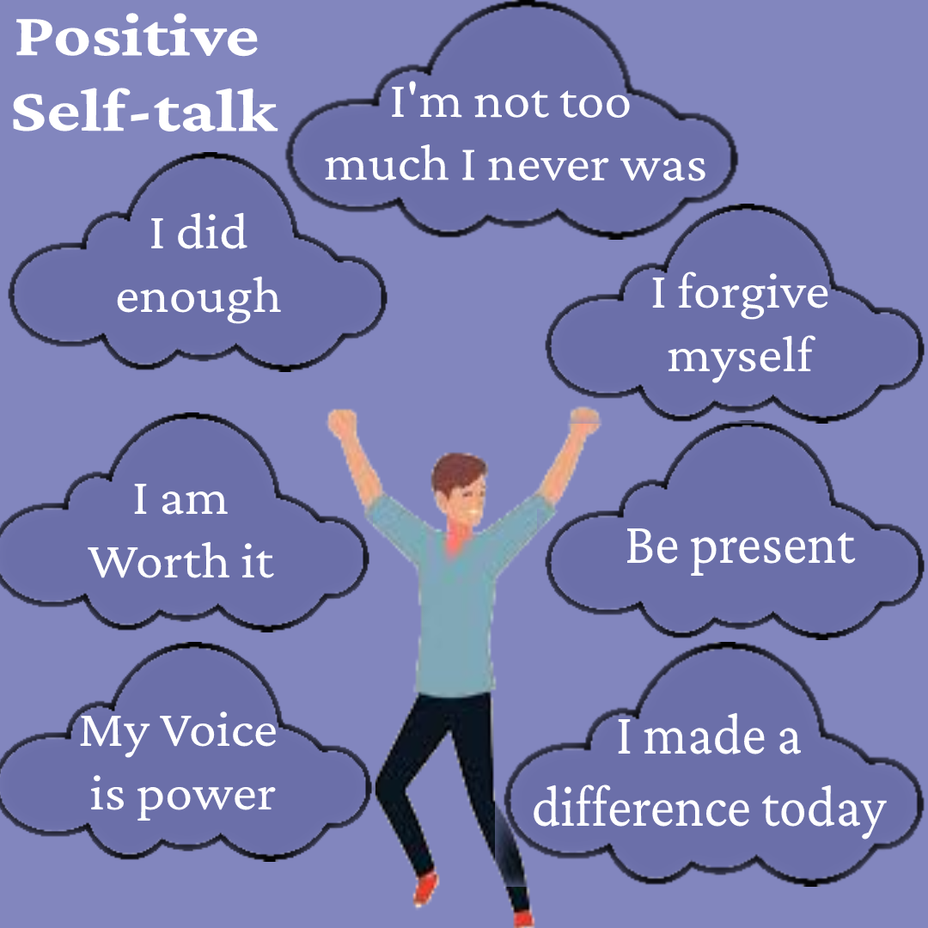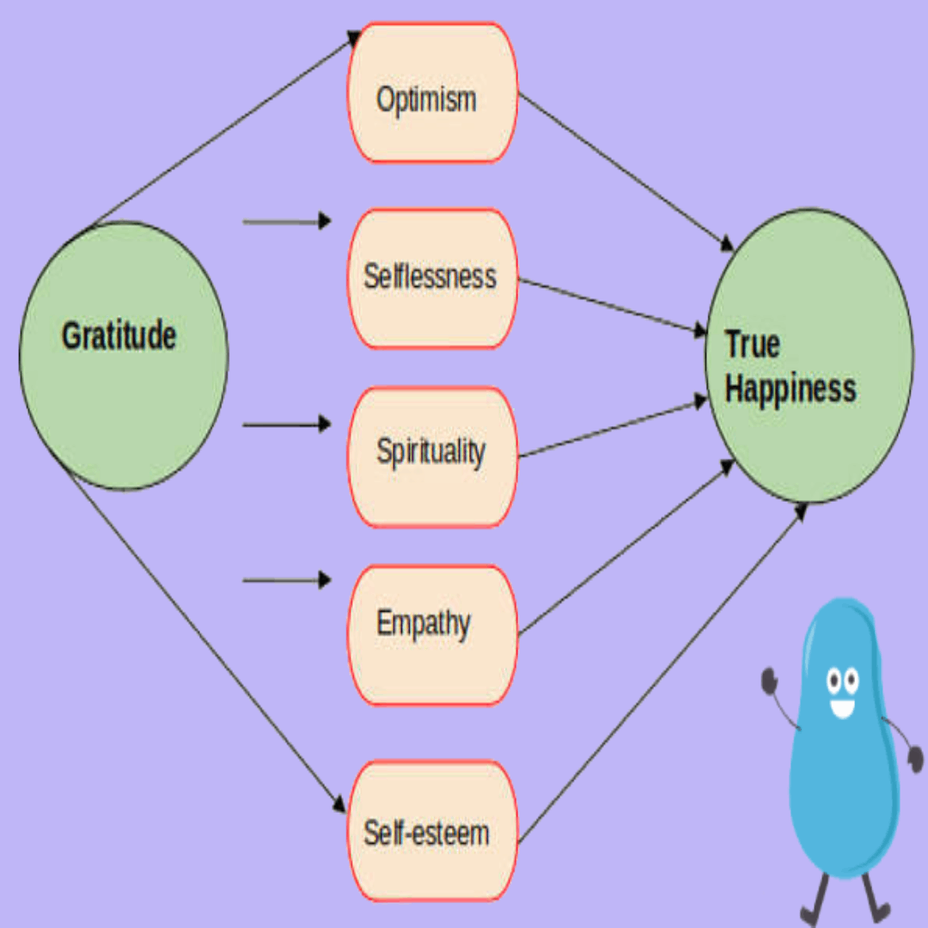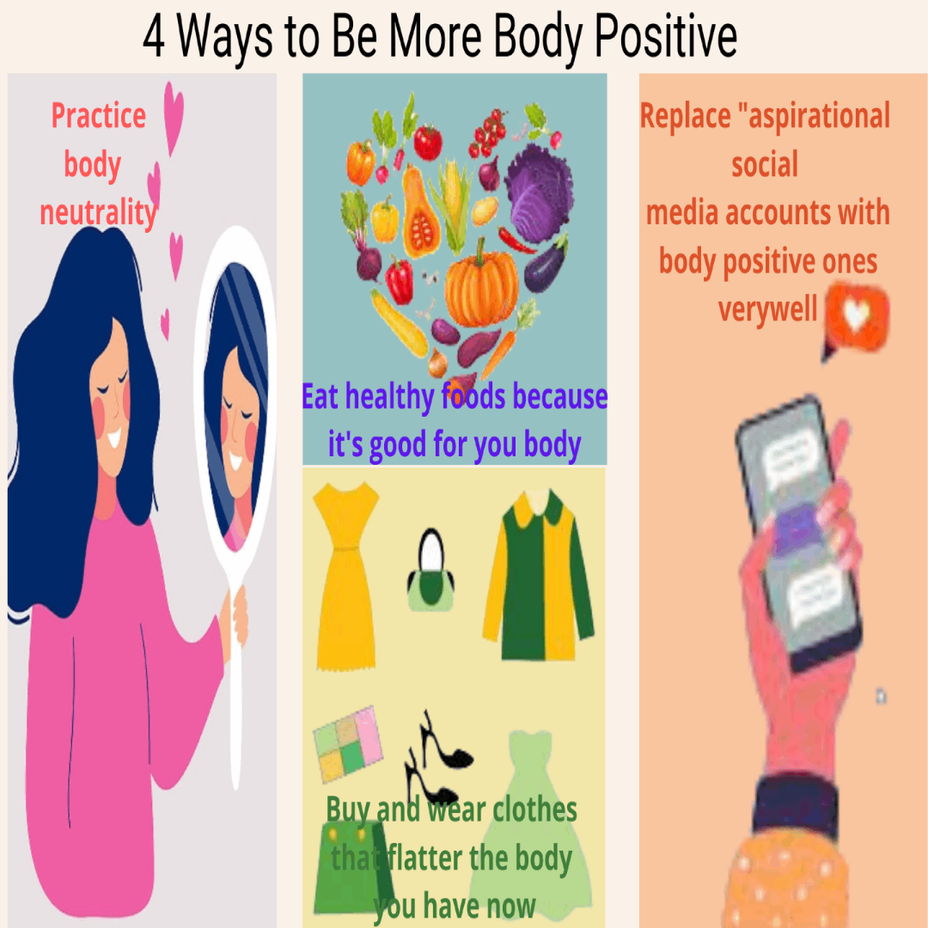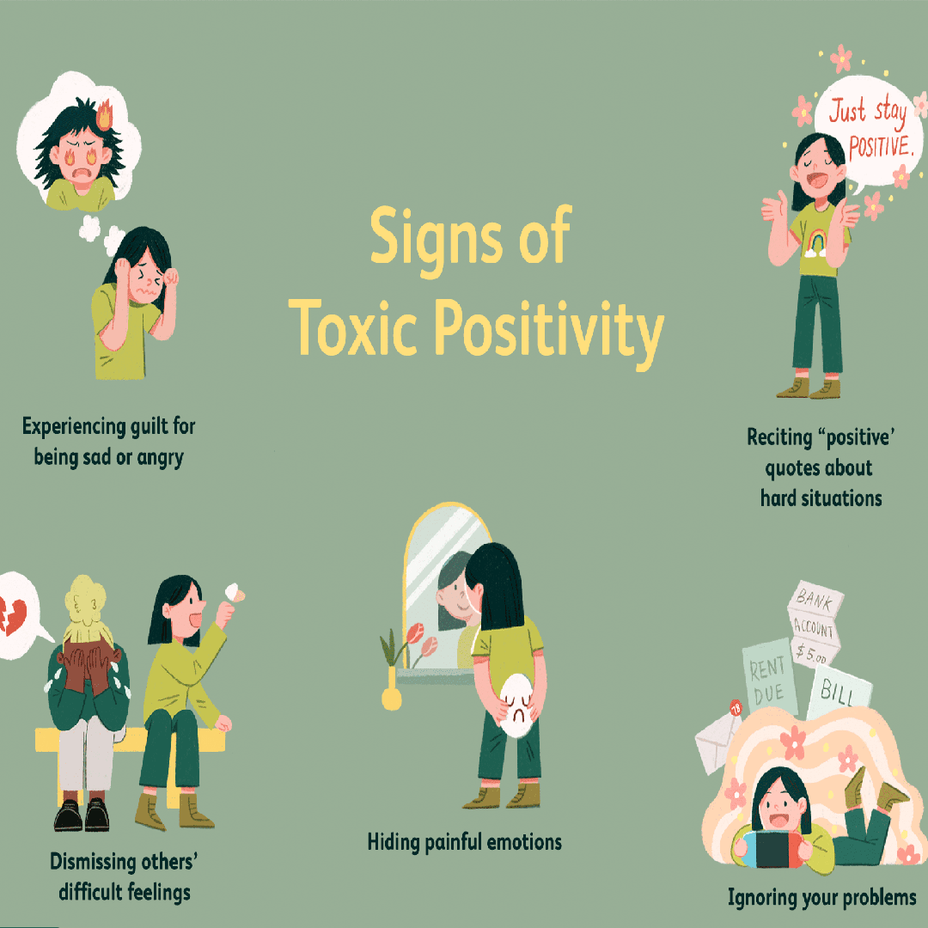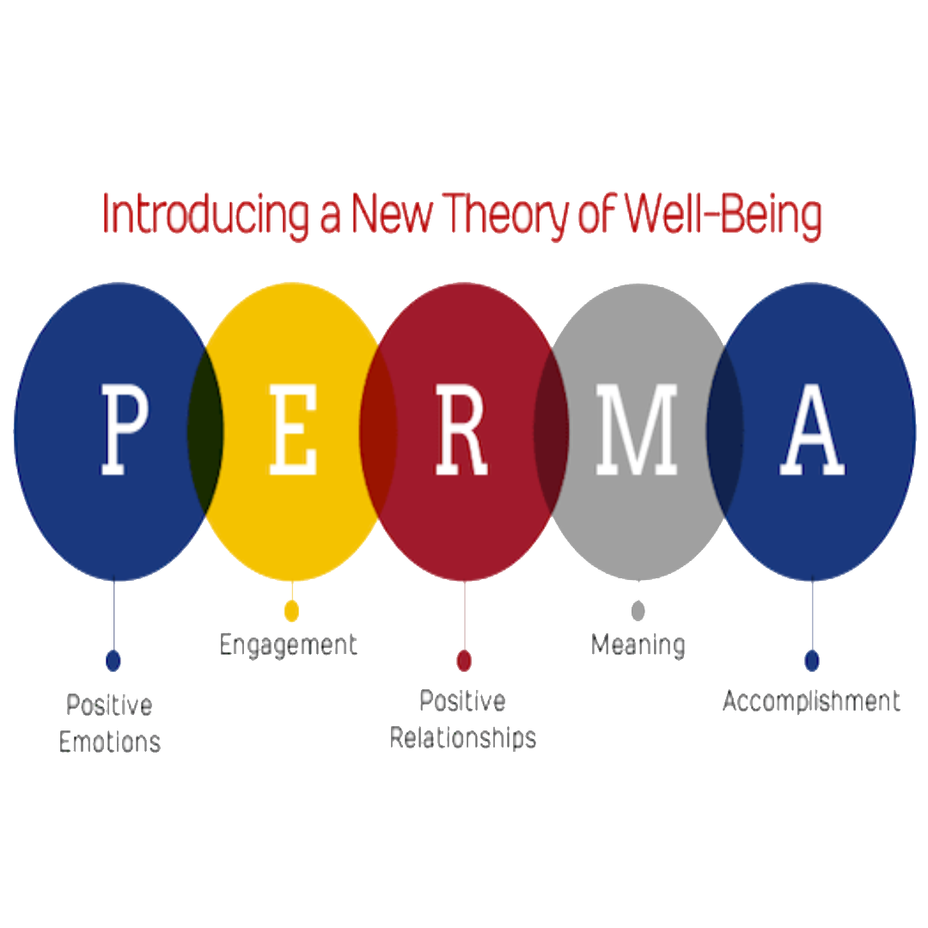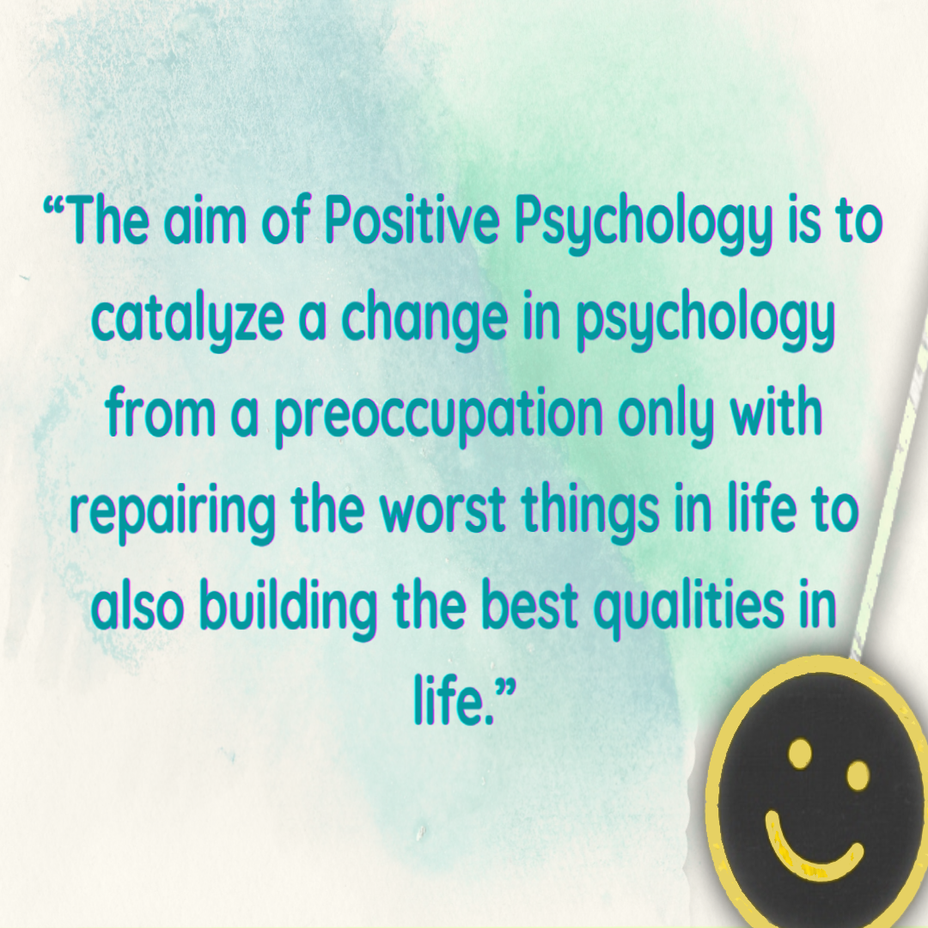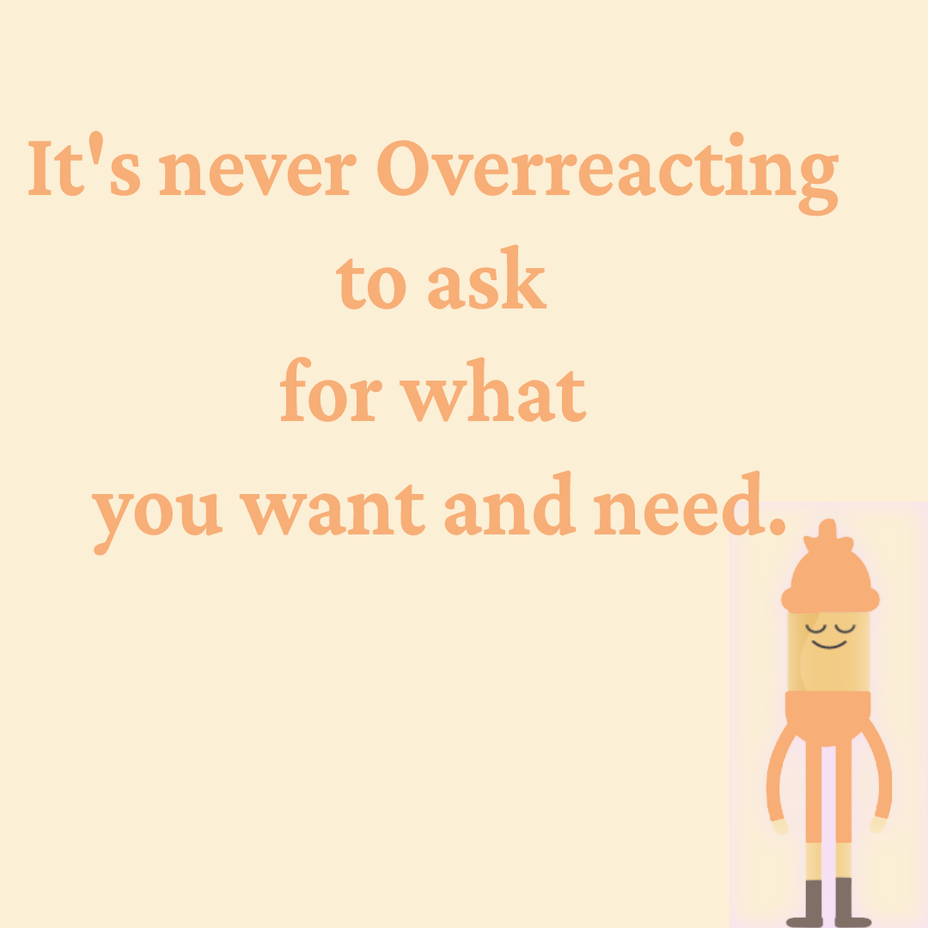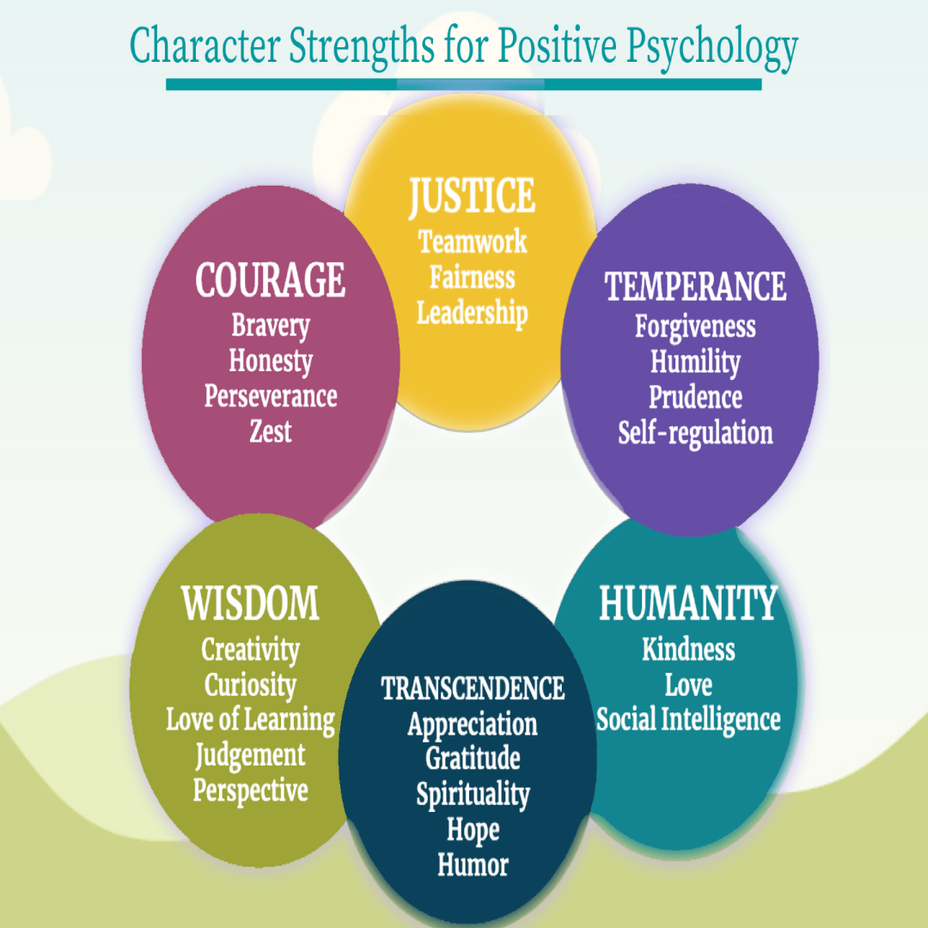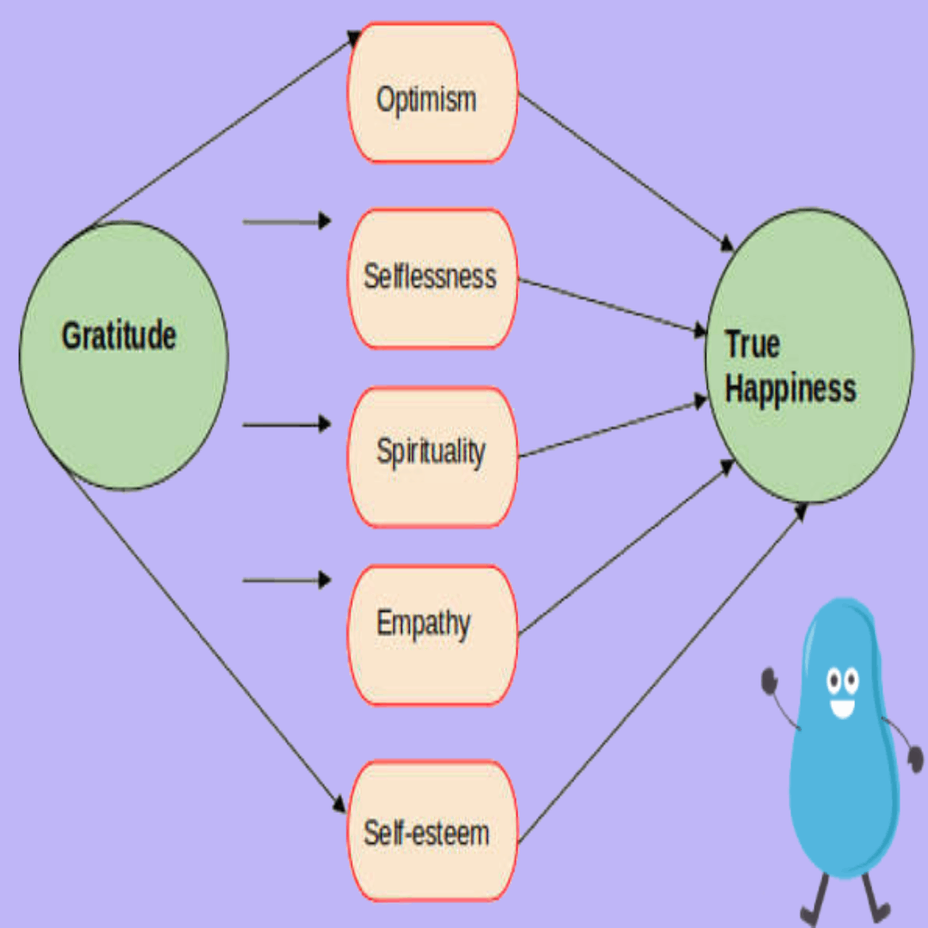#MentalHealth #positivepsychology
1. Virtue of Wisdom and Knowledge
The more curious and creative we allow ourselves to become, the more we gain perspective and wisdom and will, in turn, love what we are learning. This is developing the virtue of wisdom and knowledge.
Strengths that accompany this virtue involve acquiring and using knowledge:
-Creativity (e.g. Albert Einstein’s creativity led him to acquire knowledge and wisdom about the universe)
-Curiosity
-Open-mindedness
-Love of Learning
-Perspective and Wisdom (Fun fact: many studies have found that adults’ self-ratings of perspective and wisdom do not depend on age, which contrasts the popular idea that our wisdom increases with age).
2. Virtue of Courage
The braver and more persistent we become, the more our integrity will increase because we will reach a state of feeling vital, and this results in being more courageous in character.
Strengths that accompany this virtue involve accomplishing goals in the face of things that oppose it:
-Bravery
-Persistence
-Integrity
-Vitality
3. Virtue of Humanity
There is a reason why Oprah Winfrey is seen as a symbol of virtue for humanitarians: on every show, she approaches her guests with respect, appreciation, and interest (social intelligence), she practices kindness through her charity work, and she shows her love to her friends and family.
Strengths that accompany this virtue include caring and befriending others:
-Love
-Kindness
-Social intelligence
4. Virtue of Justice
Mahatma Gandhi was the leader of the Indian independence movement in British-ruled India. He led India to independence and helped created movements for civil rights and freedom by being an active citizen in nonviolent disobedience. His work has been applied worldwide for its universality.
Strengths that accompany this virtue include those that build a healthy and stable community:
-Being an active citizen who is socially responsible, loyal, and a team member.
-Fairness
-Leadership
5. Virtue of Temperance
Being forgiving, merciful, humble, prudent, and in control of our behaviors and instincts prevents us from being arrogant, selfish, or any other trait that is excessive or unbalanced.
Strengths that are included in this virtue are those that protect against excess:
-Forgiveness and mercy
-Humility and modesty
-Prudence
-Self-Regulation and Self-control
6. Virtue of Transcendence
The Dalai Lama is a transcendent being who speaks openly why he never loses hope in humanity’s potential. He also appreciates nature in its perfection and lives according to what he believes is his intended purpose.
Strengths that accompany this virtue include those that forge connections to the larger universe and provide meaning:
-Appreciation of beauty and excellence
-Gratitude
-Hope
-Humor and playfulness
-Spirituality, or a sense of purpose
You can refer to this:
resiliens.com/resilify/program/positive-psychology
